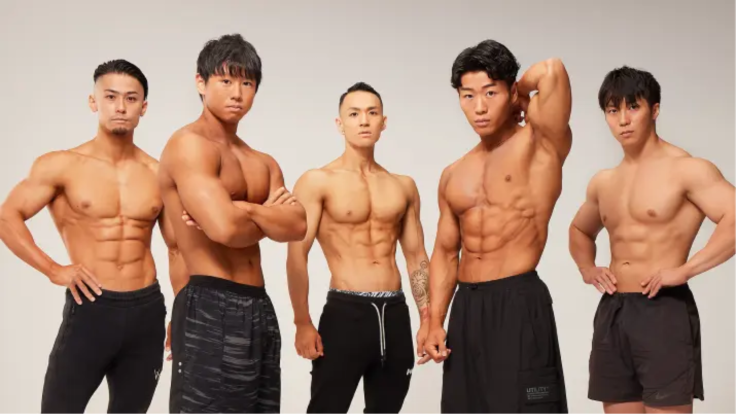Japan's 'Macho Caregivers' Are the Future of Elderly Care — Who Are They and How to Avail of Their Service
Japan faces a care worker shortage, and bodybuilders are stepping in

Japan's rapidly ageing population has forced the country to rethink the way it approaches elderly care, giving rise to a new and unexpected trend: muscular caregivers known as 'Macho Caregivers'.
With nearly half of Japan's citizens projected to be over 65 by 2050, the demand for elderly support is reaching unprecedented levels, and traditional care facilities are struggling to find enough workers to meet the need. Now, a growing number of care homes are turning to an unconventional but highly effective solution: bodybuilders.
The Crisis in Japan's Elderly Care Sector
The World Economic Forum estimates that around 40% of Japan's population will be aged 65 or older by 2050. The demographic imbalance has already led to disappearing towns, a declining workforce, and older citizens working into their later years to survive. According to the Ministry of Health, Labour and Welfare, the country will require 2.72 million caregivers by 2040, about 600,000 more than the current workforce.
The shortfall in nursing care applicants has reached a critical point. Many young people continue to move to major cities in search of higher-paying jobs, leaving rural facilities understaffed and under strain. With fewer people entering the industry, welfare centres have been forced to find creative ways to attract new recruits, and one company may have found the answer.
The Birth of 'Macho Care'
Visionary Co., Ltd., which operates 29 care facilities across Japan, has launched a unique initiative called 'Macho Care'. Their facilities are accessible via their website. The programme hires muscular bodybuilders as caregivers, combining physical strength with compassion to provide better support for elderly patients. Since its launch, the company has hired more than 30 bodybuilding caregivers, with a quarter of its entire workforce now under the age of 24.
President Yusuke Niwa said that before the Macho Care initiative, even job advertisements failed to attract applicants. By introducing a new image of caregiving, one that highlights strength, vitality, and youth, Visionary has breathed new life into an ageing industry. The approach has not only drawn attention but also made the physically demanding job safer for both staff and patients.
Strong Bodies, Strong Care
Caregiving often involves heavy lifting and physical assistance, especially when helping patients move, bathe, or exercise. Without proper training, workers can easily injure themselves, creating further strain on an already short-staffed sector. The Macho Caregivers, however, bring athletic discipline and physical endurance to the role, ensuring that patients receive safe and effective care.
One of the initiative's standout employees, Tatsumi Hokuto, previously served in Japan's Maritime Self-Defence Force and won a national amateur bodybuilding contest. After his shifts, he continues to train in the gym; and the company compensates him for up to two hours of daily gym time. Caregivers can also earn performance-based bonuses, providing further motivation to maintain their strength and stamina.
Another Macho Caregiver, Yasuhiro Miyazaki, admitted that he once viewed nursing work as low-paying and exhausting. That perception changed when he discovered he could use his physical training to assist elderly patients in regaining mobility and confidence. He now provides at-home care, helping clients with bathing, dressing, and daily exercise.
More Than Physical Strength
The Macho Caregivers are not only providing physical assistance but also emotional support. The group also organises special community events, such as Valentine's Day visits where they hand out chocolates, lead exercise sessions, and take photos with residents.
These activities promote laughter and energy in care facilities that can otherwise feel isolated or monotonous. Such efforts are transforming how people view elderly care: not as a burden, but as a meaningful and even inspiring profession.
© Copyright IBTimes 2025. All rights reserved.




















